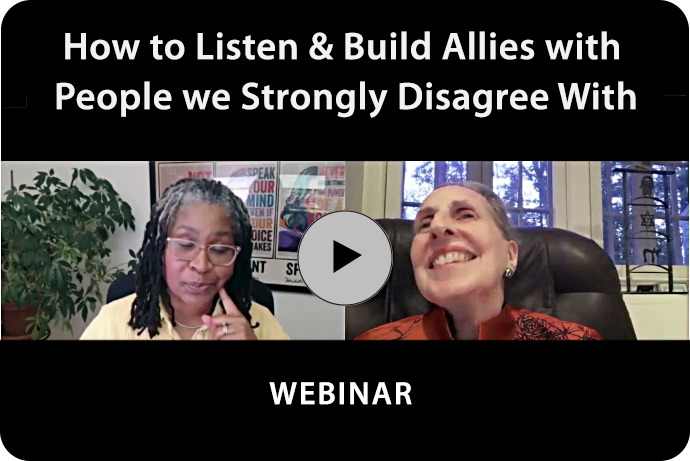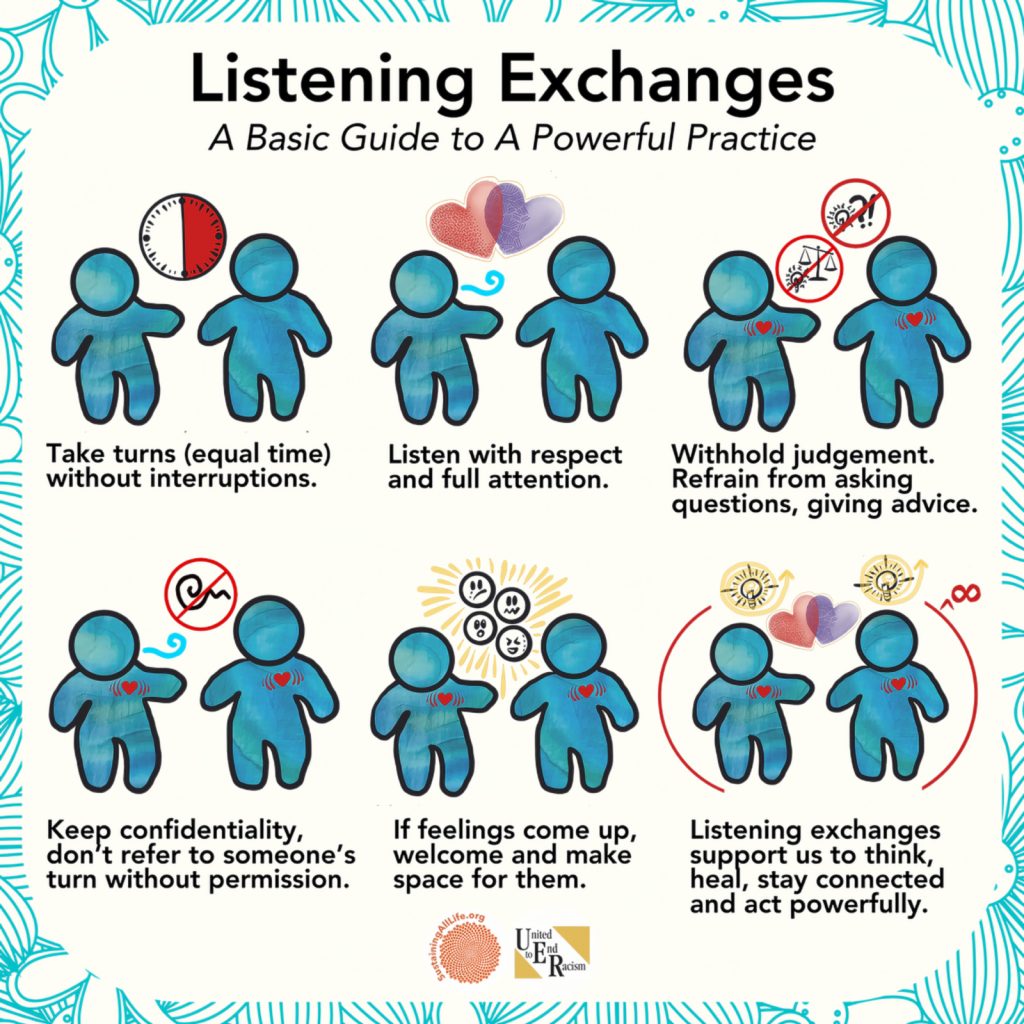How to Talk to Your Friends and Family
Everyone has the power to make a difference going forward. Commit to being a Climate Voter in state and local elections. Talk to your friends and family and make sure they do that, too. And never stop insisting on action from the people who are running to represent us.
Why conversations matter
- Research shows we’re more likely to care about things our friends and family care about, and to take actions like voting when we hear about it from our peers.
63% of adults in the U.S. are somewhat or very worried about global warming. But that is a smaller percentage than in most of the other highest climate-polluting countries.
- We can grow change, starting by talking with our community about climate change and the need to Vote Climate in every election.
- The world’s top climate scientists agree that we only have five years to drastically lower emissions before we’re locked in to irreversible and deadly climate outcomes. They also agree that voting climate is one of the most important things we can do.

What we’ve found works well
- We listen to others without interrupting, allowing them to be heard in full.
- We don’t argue—we may even agree. Instead, we empathize with their valid concerns while stressing the importance of voting for candidates who will address climate change… and of ensuring candidates who will destroy our chance of addressing it are not elected.
- We don’t assume people understand we are in a climate emergency. We ask them questions to find out what they think.
- We talk about how we’re running out of time to address the climate crisis and the fact that usually the Democratic candidates are the only candidates who will address it.
- If they don’t grasp the seriousness of the climate crisis, we help them understand by walking them through the facts so they have the information they need..
- Instead of pressing them to agree with us or vote a certain way, we emphasize the reasons why this matters to us, and why it’s so important to us that the country doesn’t elect candidates who could lock us into a climate catastrophe.
- We listen to any other thoughts they have and thank them for sharing their thinking with us.
Resources for Listening to Others
Sharing a set of listening practices that can help us gain new allies willing to build a world where people and planet come first.
Talking Points on the Climate
Main point: The planet—and the people and countries most impacted—cannot wait until 2028 to address the climate emergency. We’re already living through climate disasters. If we do not act during the next four years to minimize the catastrophic impacts of a president determined to demolish progress on climate change, we may actually be too late.
- We know climate solutions at the federal level are on the chopping block.The impact of those cuts will be catastrophic across the U.S. and globally.
- Our fight isn’t over. There are things we can do. We can push back at the state and local level and also find ways to engage nationally and globally.
- We can insist that the people who represent us take action on the climate emergency and support sustainable clean energy solutions.
Talking Points on Immigrant Justice
Help us spread these facts to counter the lies about immigrants that Trump used to mobilize his base, win the election, and support his anti-immigrant agenda.
Main point: Today, untenable situations such as war, economic instability, persecution, and the effects of climate change are forcing immigrants to leave their homes in hopes of building a sustainable life for themselves and their families. Here in the U.S. they have become easy targets—scapegoated for every problem and portrayed as competitors for scarce resources. In reality, immigrants make immeasurable and vital contributions to our country’s economy and culture. We cannot thrive without them.
- Immigrants from all over the world—like you and your ancestors—helped to build this country.
- Immigrants pay more in taxes than they take in benefits. Their taxes, including taxes paid by undocumented immigrants, are keeping Social Security solvent
- Immigrants, including undocumented, are less likely to commit crimes than the U.S. born. This is true at the national, state, county, and neighborhood levels, and for both violent and nonviolent crime.
- Immigrants are entrepreneurs who create jobs. They start businesses at a higher rate than native-born.
- Nearly 45 percent of firms on the Fortune 500 list were founded by immigrants or their children, including Google, Zoom, Apple, Instagram, and Costco—generating more than $6 trillion in revenue.
- Immigrant labor sustains the U.S. food supply in fishing, farming, and food processing.
- Immigrants are overrepresented in low-paying jobs that native-born do not want, including landscaping, hotels, in-person caregiving, and other essential jobs.
- Immigrants contribute immensely to the arts, culture, sports, and cuisine of this country.
Talking Points on Climate and Immigration
Main point: Climate justice and immigrant justice are intertwined and we’d like to encourage conversations about it. Extreme heat. Rising seas. Fires. Hurricanes. All affect human beings whose lives might be forever changed by climate related disasters.
Climate change makes every other crisis people face more difficult. It deepens economic hardships and other challenges, forcing people to leave their homes and the lives they know.
Climate-related disasters and extreme heat are making parts of the world unlivable, uprooting 25-30 million people each year.
A recent survey of 3358 immigrants to the U.S. found that 43 percent of them were affected by some form of climate disaster in their country of origin.
The U.S. and some other countries in the Global North spend twice as much on border security as climate finance.
If you’d like to help make it possible for us to continue to offer free stickers and other resources, we welcome your donation.

